From losing muscle mass to forgetfulness, as you age you start to notice the signs of time marching on. It’s easy to just chalk it up to genetics. But, is ageing inevitable or can we postpone it indefinitely? The secret may be more obvious than you think. It turns out, exercise not only does your body good physically, but it can increase your longevity and ward off disorders associated with ageing.
A decades-old anti-aging tactic
“There’s a reason why for centuries exercise has been the go-to prescription for vitality,” writes Dr David Sinclair, PhD, in his New York Times best-selling book, Lifespan: Why We Age & Why We Don’t Have To. “Exercise, by definition, is the application of stress to our bodies,” he says. And though you would think stress equates to bad, Sinclair points out that this stress activates your survival network, which in turn increases energy production and forces muscles to grow extra oxygen-carrying capillaries.
If you live a sedentary life and you don’t move enough, it ages you more quickly, which can increase your risk of cancer and depression, lower cognitive ability, increase your blood sugar levels and trigger sleep disruption and insomnia, disk degeneration resulting back pain, explains Dr Frank Lipman, a leader in functional and integrative medicine, and best-selling author. “We can’t change our genes. But in the vast majority of cases, we can change how our genes express themselves.”
Younger on a cellular level
When we exercise more joints stay lubricated and resistant to injury so we have fewer sore joints and muscles, but it goes beyond that.
As Sinclair summarises, “Exercise turns on the genes to make us young again at the cellular level.” Research has shown that by protecting and lengthening your telomeres, also known as the end-caps of your DNA, you can lengthen your lifespan.
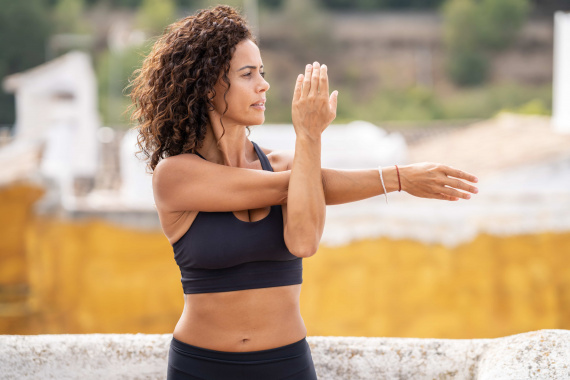
Losing your mind stays a figure of speech
Exercise has also has been linked to keeping your mind young. “Exercise is like a super-charged 401K for your brain, only better, because of its immediate, long-lasting and protective effects on the brain,” says neuroscientist Dr Wendy Suzuki, who is currently researching the effect of physical activity on your brain. “The research shows that as we age, it is imperative to stay in motion and exercise to maintain cognitive function.”
“Exercise is not going to cure Alzheimer’s or dementia but it anatomically strengthens two of the key targets of both those diseases, the hippocampus and the prefrontal cortex,” Dr Suzuki adds. “Your hippocampus will be bigger if you exercise regularly, so that means that it’s going to take that much longer for the plaques and tangles of Alzheimer’s disease to cause behavioural effects. That means months, or hopefully years, of higher cognitive function.”
Why anti-ageing can be pro ageing well
And, there are more anti-ageing benefits associated with exercise and movement:
- It has anti-inflammatory properties
- Decreases risk of diabetes, colon cancer, and osteoporosis
- Lower chances of heart disease
- Alleviates high blood pressure
- Boosts mood and helps manage stress better
- Improves sleep and immune system
- Promote digestive function
- Helps with balance so you are less likely to fall and injure yourself
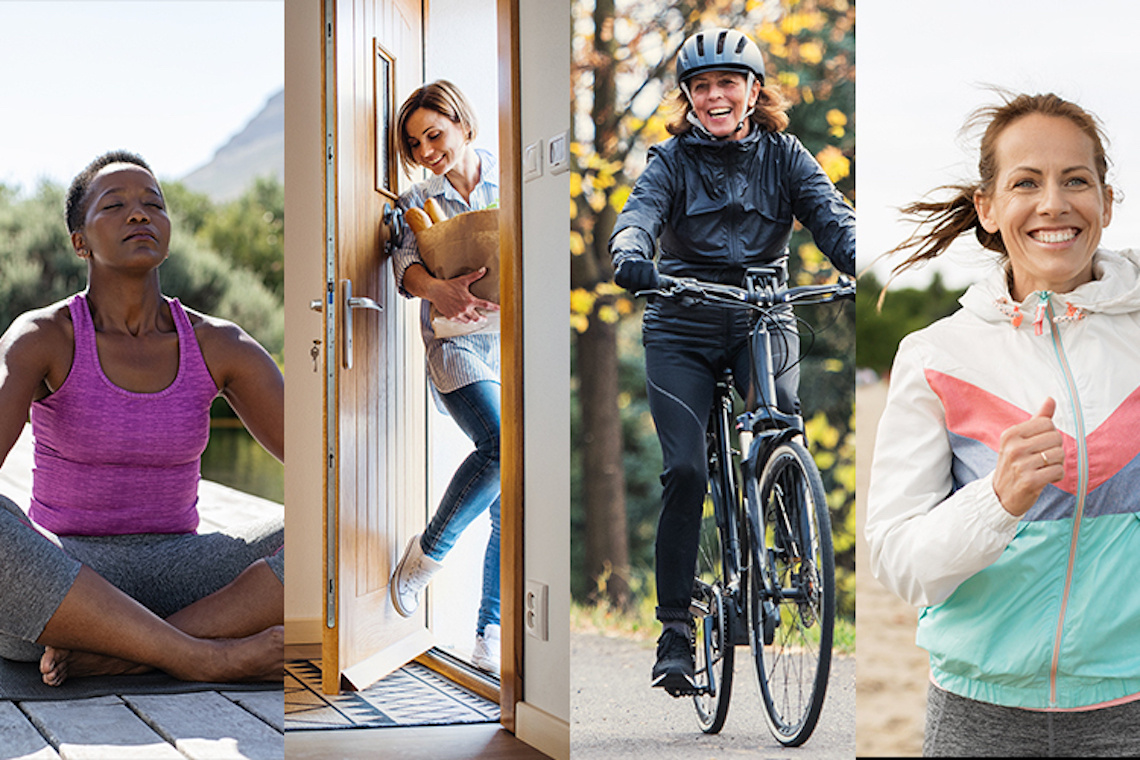
What counts as exercise?
Most think of exercise as hitting the gym, running miles every day – don’t worry, you don’t have to run marathons to benefit from its anti-ageing properties.
As you hit midlife, you actually need to ease up. Instead, you should look at integrating physical activity into your everyday routine. So, walking rather than jumping into your car, cycling to work, physically running errands instead of using apps, taking the stairs… the list is endless. It’s all about frequency of movement and not exertion.
Is it ever too late to start exercising?
It’s never too late! Even if you only started exercising in middle-age or older, the improvements to your muscles, bones, cardiovascular, respiratory and cognitive health will kick in nearly immediately. There are studies to prove it. So, get up and get moving!
In just a few weeks, you’ll feel the difference. You’ll feel stronger and you’ll have more energy.
But it’s also important to avoid injury
As we know, injury can bring down your overall health, but an injury also triggers your body’s natural inflammatory response, which can further age you. We’ve all been told at one point or another to push through the pain – this is not good advice when it comes to ageing well. We want to protect and preserve our muscles, not pummel them.

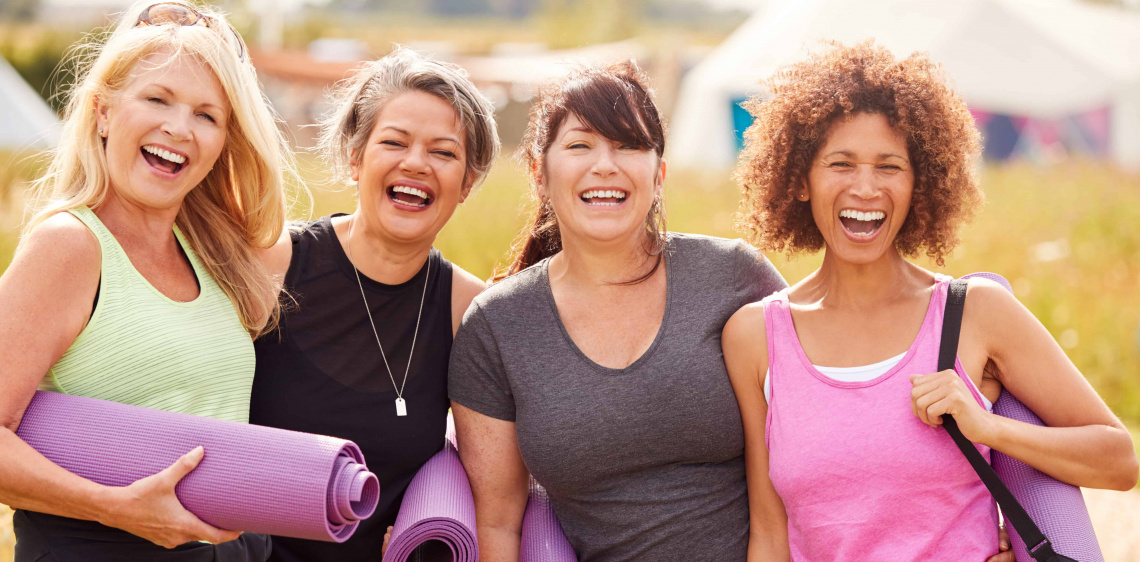
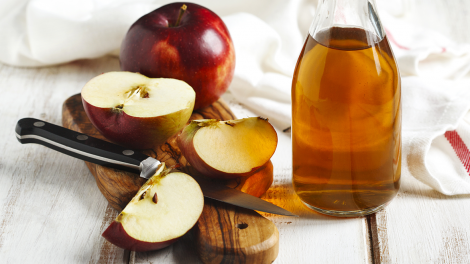


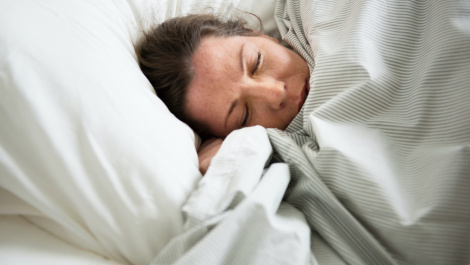

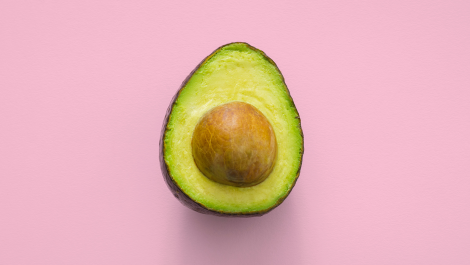
Comments